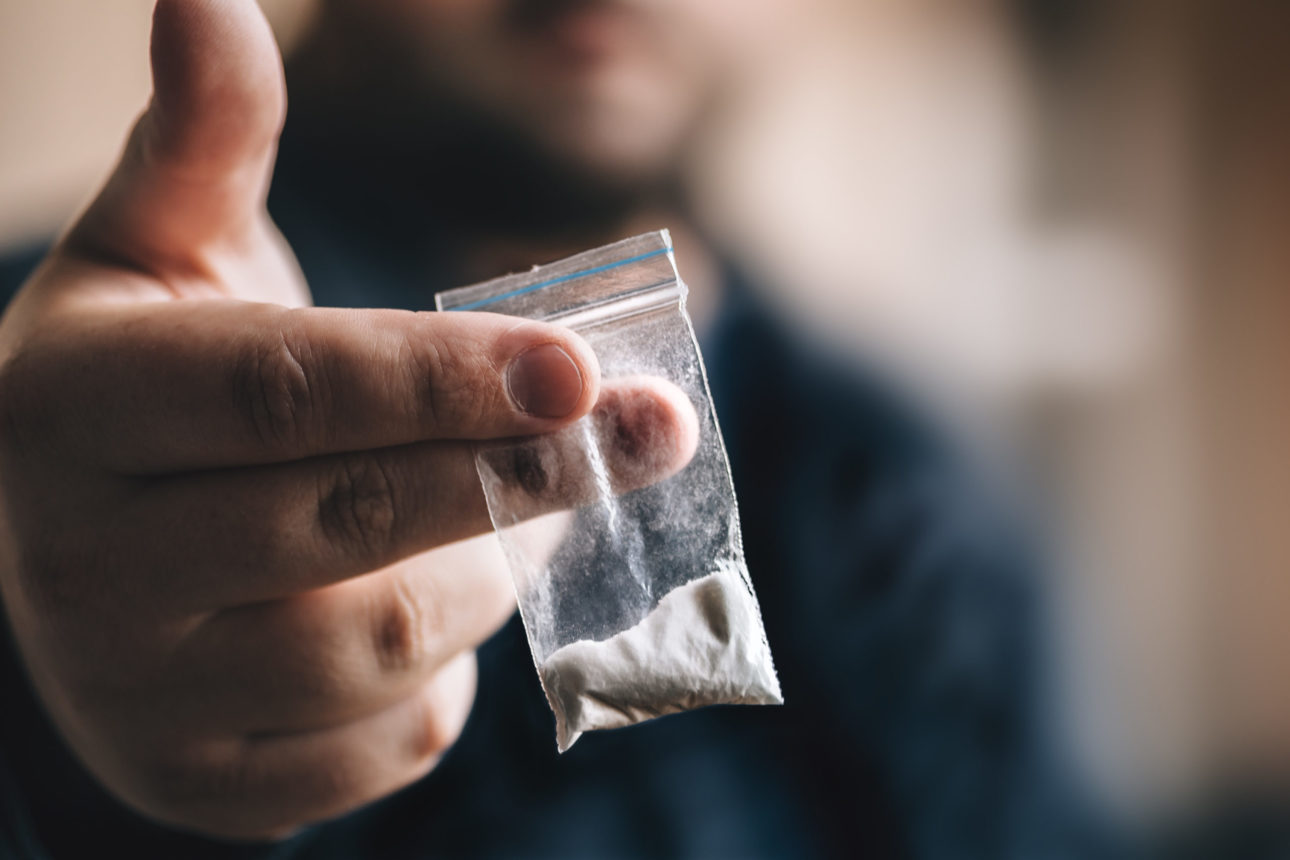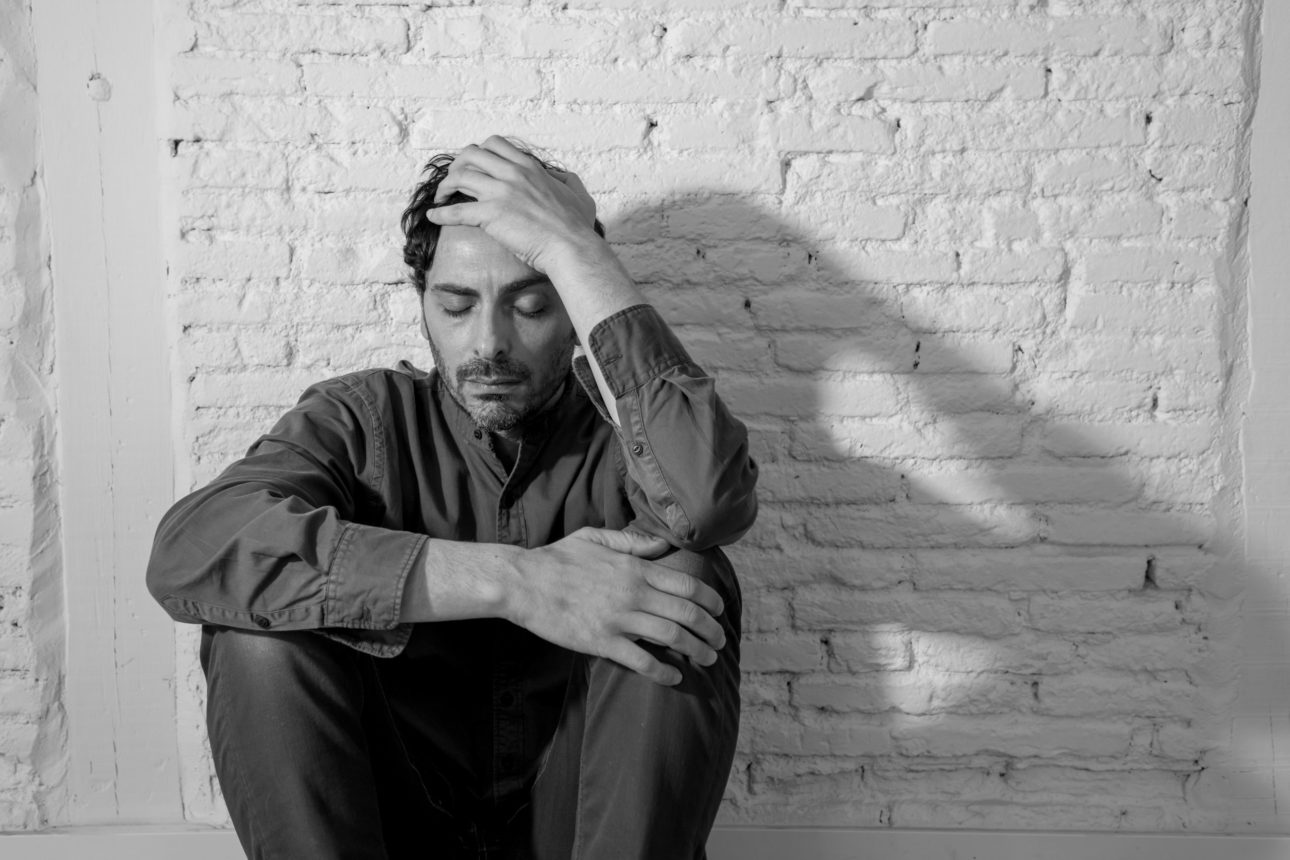Drug addiction doesn’t happen overnight. It generally starts with occasional, recreational use and gradually with repeated use; it progresses into the need for regular use regardless of the risk to your relationships, your health, your career, and your finances. Addiction is the psychological and physical need to continue use, regardless of the effects. The amount of time it takes before substance abuse takes hold on someone’s life varies from person to person, but eventually, the individual feels compelled to seek out their substance of choice due to strong cravings. It’s important to keep in mind that most people with a substance abuse problem tend to keep their addiction a secret and it’s unlikely that they admit to the problem. Learning the signs that someone you care about is abusing drugs and/or alcohol may be the difference between life and death. Here are 8 signs that someone you care about may be using drugs.
1. Physical Changes in Appearance
Changes in appearance are the most common sign of drug abuse. Some of the most common changes in appearance may include:
- Weight loss or gain
- Pale skin
- Changes in dental health
- Hair loss
- Fatigue
Keep in mind that these changes may be gradual, but in many situations, the changes are relatively sudden and often times very drastic. The person may also have bloodshot or glassy eyes, their pupils may constrict or dilate, they may have a constantly runny nose, and/or they may have sores on their skin, which are often caused by scratching, injections, and/or picking at the skin.
2. Personal Hygiene
It’s also common for someone with a substance abuse problem to have a decline in their personal hygiene. If the person appears unkempt, such as not showering, brushing their teeth, and wearing the same clothes daily, they may have a substance abuse problem and should start addiction treatment as soon as possible.
3. Missed Work or School
Although people who have a substance abuse problem do their best to manage their everyday life, unfortunately, their addiction generally wins in the end. They often miss a lot of work or school, which is often the result of all-night binges or simply losing interest in anything but their substance of choice. Substance abuse changes the way people look at their responsibilities. Their priorities shift and typically in ways that aren’t admirable. For instance, someone that is typically dependable will begin to forget appointments, miss deadlines, and be just generally unreliable.
4. Money Problems
An addiction is an expensive habit, one that can cost hundreds, even thousands of dollars weekly in order to maintain daily use of substance supply. Individuals with a drug abuse problem often spend large, unexplained amounts of money, drain their bank account, and go outside their budget in order to supply their habit. Unfortunately, once they have depleted their personal finances, people with a substance abuse problem often turn to steal money and/or items that can be sold. If the person is constantly in need of financial assistance because they “lost” their money or their money is “missing”, it may be a sign of drug abuse. It is important to not enable the person by giving them money to buy their drugs. It is essential that you stand your ground, even if they become angry or try to put pressure on you – enabling does not help them.
5. Poor Judgment
Individuals that have a drug abuse problem will usually do anything to obtain their substance of choice, including participating in risky, dangerous behaviors, such as lying, stealing, selling drugs, and engaging in unsafe sexual activity. These behaviors often result in the individual being arrested and spending time in jail; however, this generally doesn’t deter them and once they are released from jail, they will continue participating in these risky behaviors.
6. Unhealthy Friendships
Changes in friendship may not be uncommon, but some changes may be drastic. For instance, a newly abandoned longtime friend will have no idea why the person stopped being friends with them. People with a drug abuse problem may change friends by simply changing the crowd they hang out with; this is because they want to spend time with others who have similar habits.
7. Change in Behavior
One of the most common signs of a substance abuse problem is that the person becomes defensive, secretive, and isolated. They tend to refuse to answer questions with a straight answer. For instance, when asked where they have been, the answer is typically something like “why do you care” or it may be as simple as “out”. Their mood is generally unpredictable and may include sudden outbursts, acting erratically, and may shift suddenly from positive to negative.
8. Denial
Someone with a drug abuse problem will not only deny they have a problem, but they will deny anything and everything they are confronted with. In many situations, the denial isn’t only for your benefit, but for theirs as well. It’s typically difficult for someone with a drug abuse problem to admit they need addiction treatment and it’s because they really do not think they have a problem. Many people with an addiction will not reach out for help or quit using drugs/alcohol on their own.
It’s important to remember that addiction is a disease that affects everyone. The individual with the addiction is affected physically, psychologically, and emotionally as are their family and friends. People with an addiction problem often need loved ones to step in and help them get the help they need, so by knowing the signs of addiction, you can address the situation as early as possible and encourage them to get the life-saving help they need.
If you are concerned that someone you care about may have a substance abuse problem, contact Soba recovery for information about how we can help.





